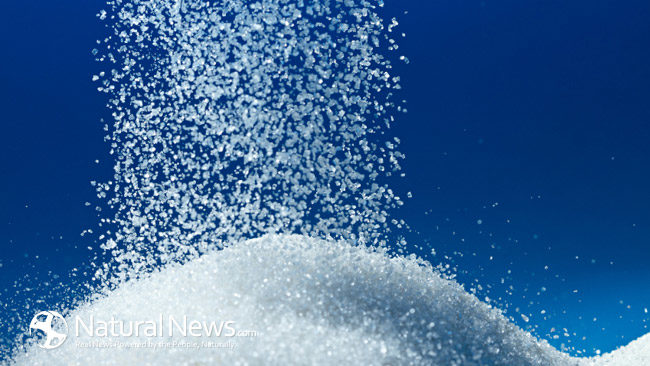The American desire for sweets without guilt has led to the popularity of products like Splenda, which has recently taken by the market by storm with its tag line “made from sugar so it tastes like sugar.” It has been an incredible success and has taken over the market to become America’s best-selling sugar substitute. Its sales topped $177 million last year compared to $62 million for Equal and $52 million for Sweet ’N Low.
Scanty Testing
Splenda’s producers, McNeil Nutritionals, have developed a marketing strategy of promoting their sweetener as a safe and rigorously tested product. Their claims that over 100 studies have been conducted on their product to make sure it is safe for consumption are quite true – but what they fail to add is that all those studies have been conducted on animals. There have been only six studies published on Sucralose, and only 2 of them were conducted before the FDA approval process went through. These two trials only had a total of 36 test subjects and only 23 of these were actually given the sucralose for the study. And what the study looked at was simply its effect on tooth decay.
As a matter of fact, no extensive studies on the effects of Splenda on human health were made until after FDA approval was completed and even then, the duration of the study was only three months, not nearly as long as most consumers will likely be utilizing it. What is more worrying is that no studies have been conducted to date on the effect of sucralose on pregnant or nursing women or children.
What is Sucralose and What Does it Do to the Body?
Sucralose is indeed derived from sugar, but though it has a natural source, it is highly processed and chemically altered with added chlorine that transforms it into a fructo-galactose molecule. This kind of molecule is not found in nature and cannot be metabolized by the body. This is why its producers claim that it is a “zero calorie” sweetener. The fact is, though, that some people who consume this artificial sweetener will absorb more (or less) of it into their bodies, since digestion differs so greatly from one person to another. It is impossible to tell exactly how much is broken down and absorbed based on the data now available, nor what the long-term results of this will be.
What is known is that people who have consumed sucralose have reported a number of unpleasant side effects. These range from the gastrointestinal (nausea, diarrhea) to neurological (dizziness, migraines or even seizures) to increases in blood sugar. What is not fully known as yet is what long-term effects regular consumption of this artificial sweetener can have. Further research is definitely needed to determine if this product is truly safe for human consumption.
Sucralose is still largely an unknown factor, but it is certainly not the natural product which its manufacturers would have consumers believe. Its chemical structure is not natural in the least. Further investigations is certainly warranted and in the meantime, consumers who are truly interested in satisfying the sweet tooth while still staying healthy would do well to consider natural sugar substitutes like honey, maple syrup or date sugar. These sweeteners are not sugar free, but, unlike sucralose, they are definitely natural products and might prove, in the long run, to be kinder to the body.





